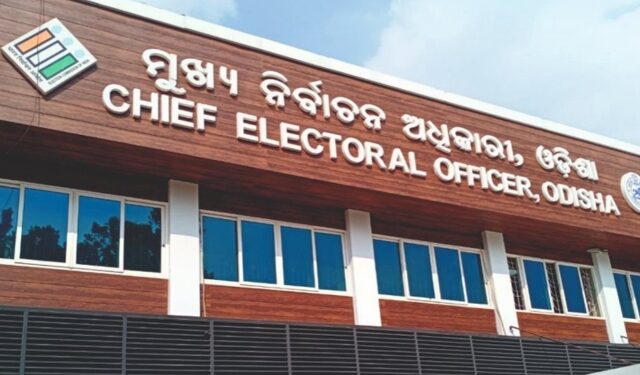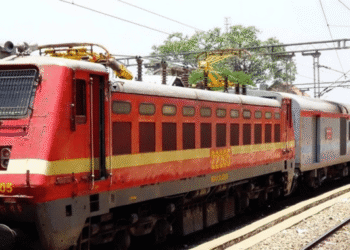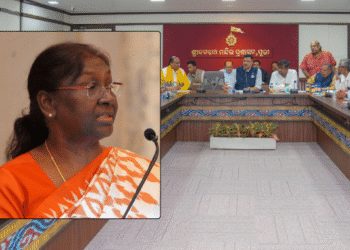Odisha is set to undertake a Special Intensive Revision (SIR) of its voter list starting September 2025, marking the first such exercise in 24 years.
State Chief Electoral Officer (CEO) R.S. Gopalan announced that the final verification of the updated voter list will be published on January 7, 2026. This initiative aims to enhance transparency and accuracy in the state’s electoral process.
The SIR, a significant step to update the voter database, was last conducted in 2002. To facilitate the process, 11 types of documents will be accepted as proof of identity and residence, including birth certificates, passports, educational certificates, residential proof, land ownership documents, caste certificates (OBC/SC/ST), and national citizenship certificates, among others.
Addressing concerns raised by political parties like the Congress and Biju Janata Dal (BJD), Gopalan clarified that all allegations regarding irregularities in the voter list have been thoroughly addressed. He emphasised that baseless accusations should not undermine the credibility of the Election Commission or erode public trust. The BJD’s objections, in particular, were responded to twice, with the CEO asserting that the claims lacked merit. He urged political parties to refrain from spreading unfounded allegations and, if necessary, seek judicial recourse through the High Court or Supreme Court.
In addition to the SIR, the number of polling booths in Odisha will increase from 38,000 to 45,000 to accommodate the growing electorate and ensure smoother voting processes. Gopalan also revealed that 7,000 EPIC (Elector Photo Identity Card) numbers were replaced with new voter cards after identifying discrepancies. Of these, 5,000 were found to be linked to Gujarat’s voter list and were subsequently removed, while the remaining 2,000 were associated with Karnataka, Jharkhand, and West Bengal. These EPIC numbers were solely for identification purposes and could not be used for voting. New unique EPIC numbers will now be issued by the Election Commission.
To address discrepancies in voter turnout data, Gopalan explained that variations in reported voting percentages are natural due to delays in collecting data from all booths simultaneously. The introduction of the ECI-Net portal will now enable real-time data collection from all polling stations, ensuring greater accuracy. Regarding Form 17-C, which records voting details, Gopalan noted that it is shared with political party representatives post-polling. He advised parties raising concerns to verify with their agents whether they remained present throughout the process to ascertain the authenticity of their claims.
The SIR and the increase in polling booths reflect Odisha’s commitment to strengthening its electoral framework, ensuring a fair and transparent voting process for all citizens.






























